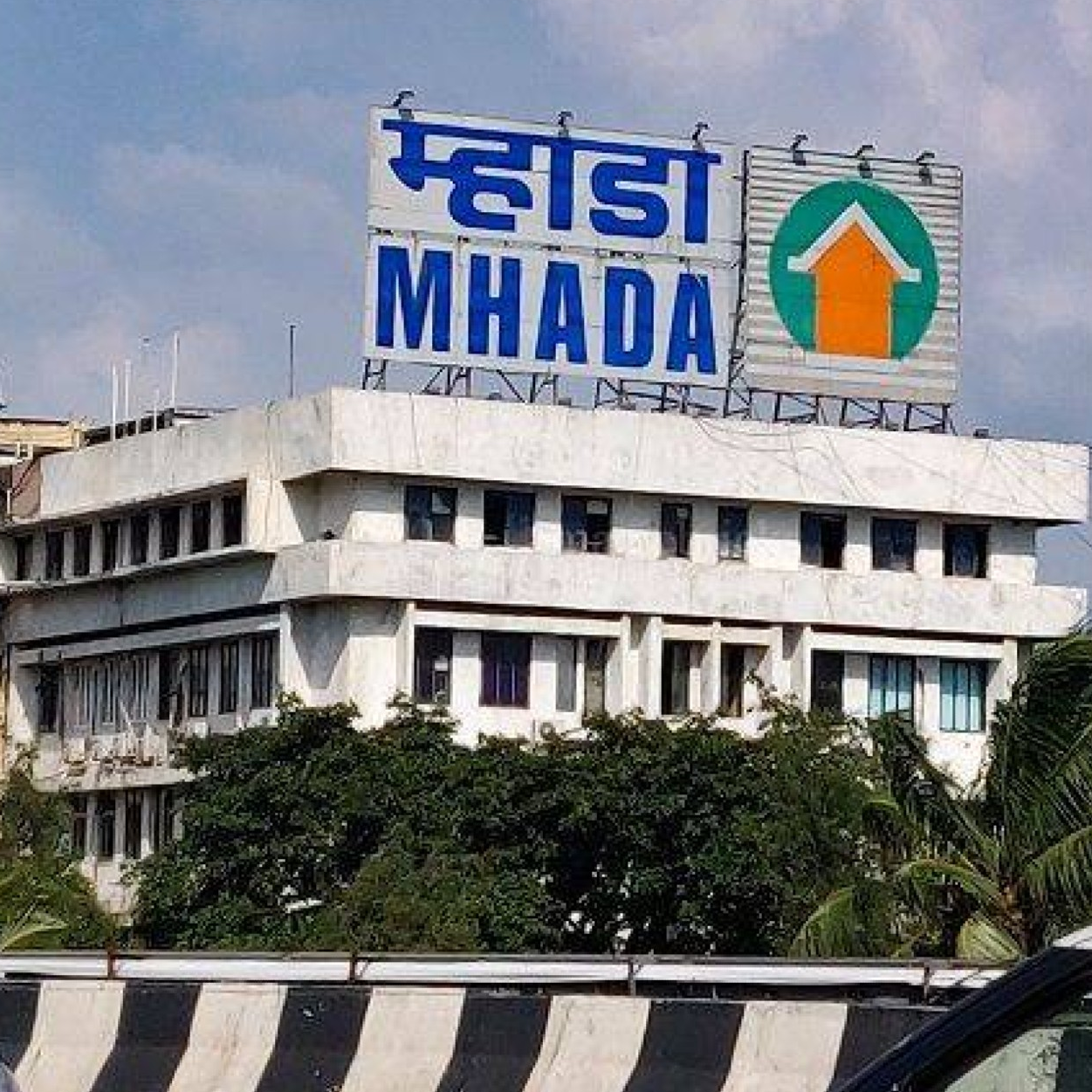
Where Data Meets Dignity: Sanjeev Jaiswal’s Biometric Turn in Housing Eligibility
Introduction:
Redefining Housing Allocation with Biometric Verification
In a transformative step towards ensuring fairness and transparency in housing allocation, the Maharashtra Housing and Area Development Authority (MHADA), under the leadership of IAS Sanjeev Jaiswal, has launched a biometric verification drive aimed at redefining housing eligibility. This initiative, which started with transit camps in Mumbai, represents a significant policy execution that connects data with dignity, ensuring that all eligible citizens are recognized and prioritized for housing in one of India’s most densely populated cities.
Biometric Survey: A New Era for Housing in Mumbai
MHADA’s biometric survey is designed to create a verified digital database of transit camp residents, many of whom have lived for years without formal recognition or a claim to permanent housing. For decades, Mumbai’s transit camps have been seen as temporary solutions to the housing crisis, but with this biometric initiative, they are being integrated into the city’s long-term urban planning.
Under Mr. Jaiswal’s governance, the survey uses Aadhaar-based e-KYC to accurately verify the identities of residents. This verification process is crucial for ensuring that only legitimate residents are counted, while unauthorized claims can be eliminated. It’s an approach rooted in fairness and transparency, ensuring that every eligible individual gets their rightful place in the city’s housing system.
The Vision Behind the Biometric Drive
Mr. Jaiswal’s vision for Mumbai goes beyond just constructing buildings; it’s about creating a sustainable urban environment where citizens have access to decent, dignified living conditions. This biometric verification is not just about data collection — it’s about putting people first and ensuring they are treated with respect and fairness in the housing process.
Before the biometric verification, many residents of the transit camps had no formal records to prove their eligibility for housing or to gain the benefits of MHADA’s housing schemes. This led to inefficiency and sometimes injustice, as those who had been waiting for years in the system could not get their due. The biometric process ensures that no one gets left behind, and the rightful claimants are prioritized in housing lotteries.
Data-Driven Housing Decisions
With biometric data at the heart of policy execution, Mr. Jaiswal has ushered in an era where decisions regarding housing allocation are based on verified data rather than assumptions or outdated paperwork. The approach has significantly reduced inefficiencies and made the housing distribution process more transparent.
This policy execution isn’t just a technical shift; it’s a shift in governance that prioritizes the people and their rights. For years, transit camp residents lived without recognition, their names lost in bureaucratic systems. Today, they are being acknowledged and integrated into the system with dignity, thanks to the leadership of Mr. Jaiswal.
Key Data from the Biometric Survey
Here’s an overview of the current biometric survey in the transit camps and its implications for housing eligibility:
|
Location |
Number of Residents Verified |
Impact |
|
Sahakar Nagar |
195 residents |
First phase of biometric verification |
|
Chembur |
500+ residents |
Expansion of the survey to other colonies |
|
Other Areas |
Ongoing |
Gradual implementation across Mumbai |
This data highlights the scale of the biometric initiative and its impact on improving the housing distribution process.
From Housing Crisis to Housing Justice
Under the leadership of Mr. Jaiswal, MHADA has made remarkable strides in addressing Mumbai’s housing crisis. By shifting the focus from reactive measures to proactive solutions like biometric verification, Mr. Jaiswal is creating a system where citizens are not just seen, but recognized. This change represents a significant transformation in how urban development and housing policy are executed, prioritizing citizens' rights over bureaucratic red tape.
A Future of Housing Built on Dignity and Equity
The biometric verification is just the beginning of a broader effort to reshape the future of housing in Mumbai. Through data-driven decisions, Mr. Jaiswal is paving the way for a more transparent and equitable housing system where every resident has the opportunity to secure a home.
This initiative is part of a larger vision to ensure that Mumbai’s housing market is accessible to all, regardless of their economic background or social status. With this change, the hope is that more families, particularly those in economically weaker sections (EWS), will find a place they can truly call home.


